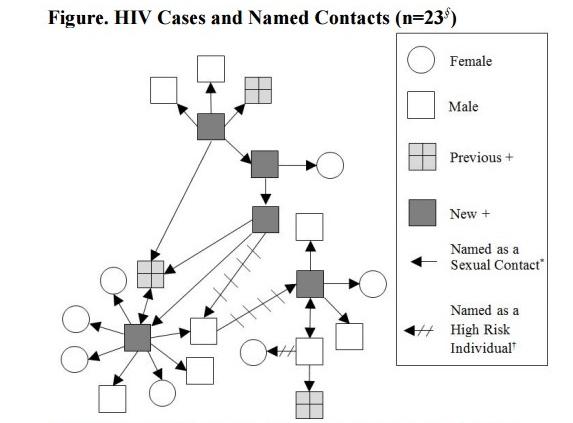
Five cases of HIV in one Bristol Bay area village have been reported to health officials. The small outbreak, or cluster, began with one individual case reported in February of 2016. Two more were reported in October and November, and two additional people tested positive as officials began investigating.
Concerns surfaced that the HIV might be tied to needle sharing from the epidemic of opioid drug use.
Dr. Cathy Hyndman from the Kanakanak Hospital in Dillingham said health officials have determined unprotected sex, not needle sharing, allowed transmission of the virus.
“HIV is spread through sharing of blood and body fluids,” Hyndman said. “It could be happening by drug use, but it does not appear to be so in this particular group of cases.
This particular group of cases seems to be associated with sexually transmitted vectors.”
According to a state report, all five of the HIV cases in this cluster involve men who have sex with men.
Needle sharing was not reported as a risk factor, but alcohol and drug use did likely lead to unprotected sexual activity.
“When a person is intoxicated by alcohol, they make more poor choices,” Hyndman said. “Or, unfortunately, in some cases their choice is taken away from them by the alcohol.
They may be passed out and not even know that someone is having sex with them.”
HIV is treatable, and Hyndman recommends people at risk get tested often and begin treatment quickly if diagnosed with HIV.
Transmitting the virus also is preventable.
“Use protection. The only protection that is available for sexually transmitted cases is wear condoms,” Hyndman said. “Every time. Every time.”
State health officials said limited access to health care and health education, as well as patient concerns about stigma and confidentiality, can be barriers to routine testing in rural Alaska.
Over the past five years, an average of 28 newly diagnosed cases of HIV were reported in Alaska.
A majority, 54 percent, involve men who have sex with men, most of whom live in urban areas of the state.




